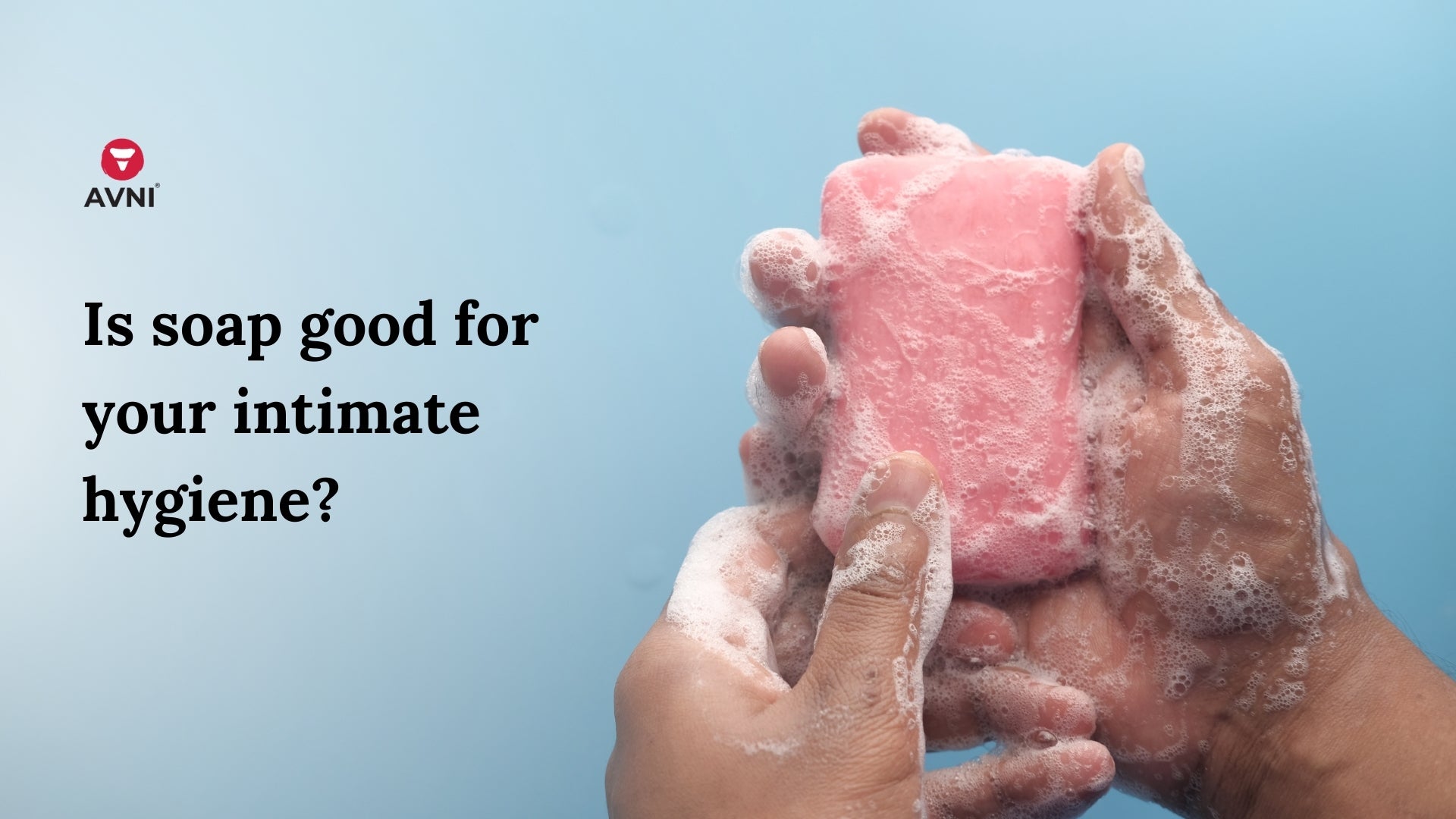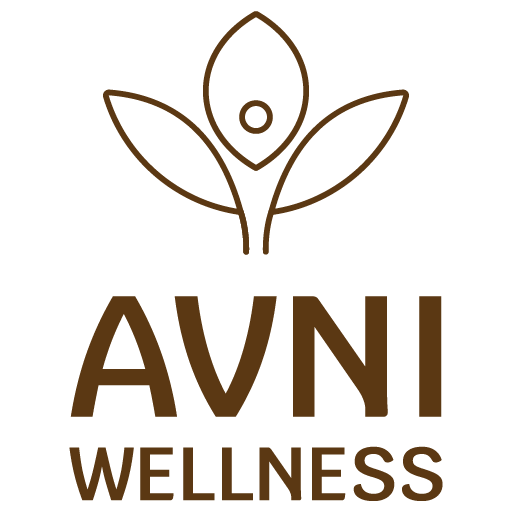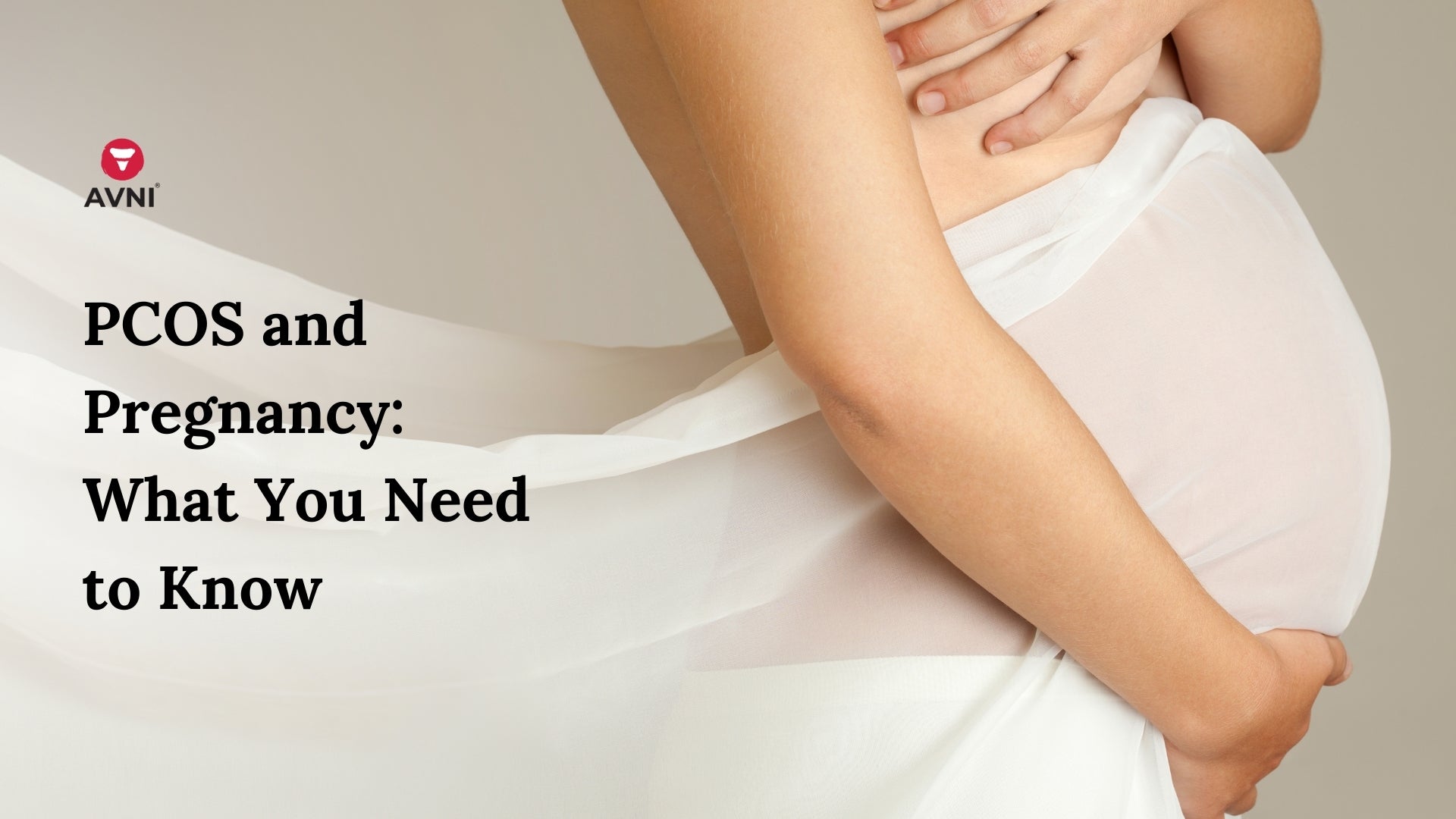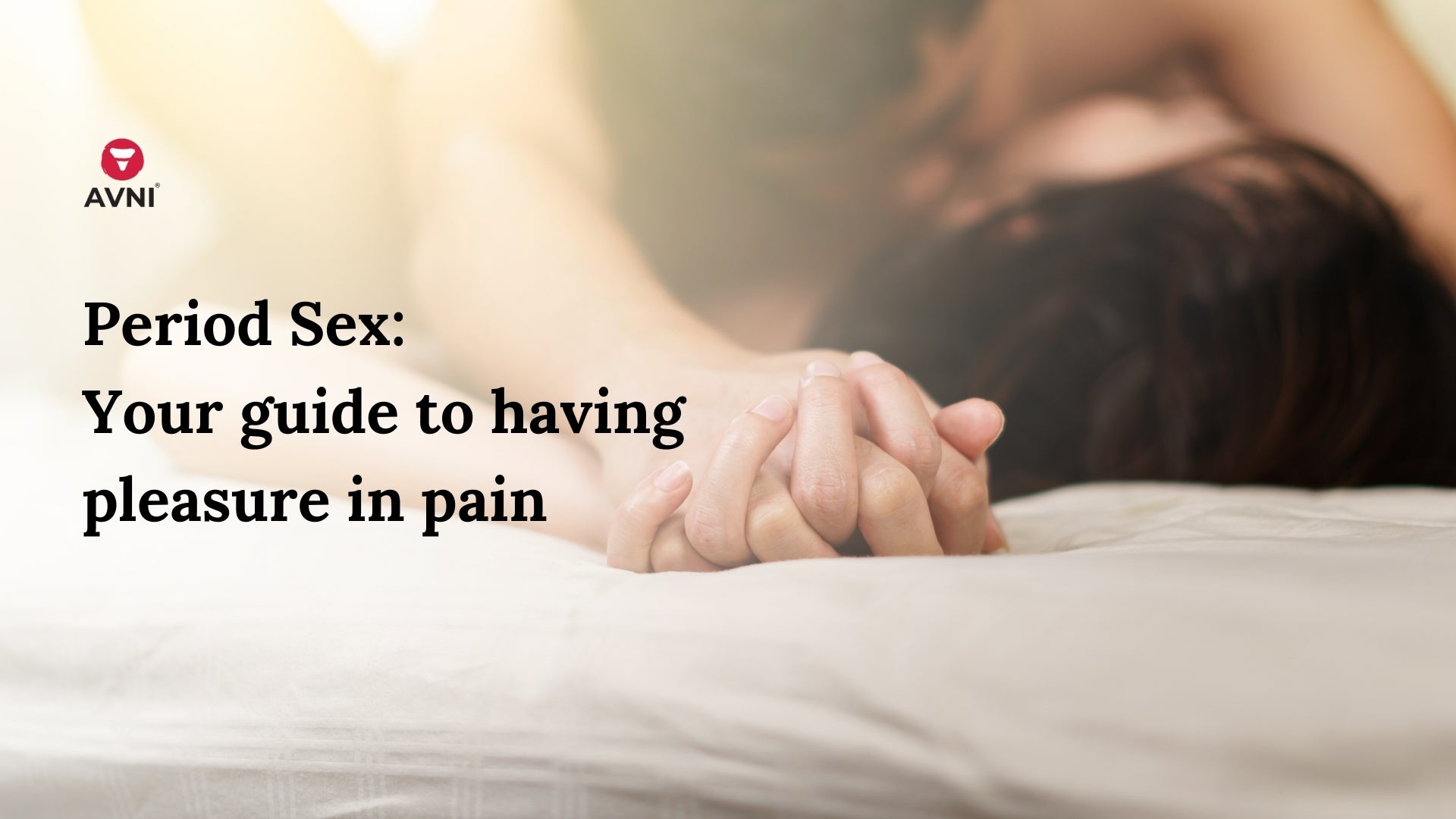
IS SOAP GOOD FOR YOUR INTIMATE HYGIENE?
We are all concerned about health and hygiene, especially when it comes to our intimate hygiene. With various products out in the market, it is tough to choose what would be the best option for you.
But before you indulge yourself in buying these products you should know the basic anatomy of your intimate areas, the vagina, and vulva.
The vagina is the part that remains inside of your body while the vulva is the outer part consisting of the two labia (vaginal lips, to be more precise), clitoris, clitoral hood, and urethral opening.
Considering the vagina, it is stated nowadays that "the vagina is a self cleaning oven" ie, the vaginal discharge is enough to keep your vagina clean by eliminating dead cells and bacteria.
But what about the outer part, the vulva?
The vulva can be cleaned simply using lukewarm water.
Moreover, you need to keep in mind that using various chemicals in your intimate areas can change its pH. The vaginal pH depends on your age as well as the stage of your menstrual cycle.
If you are of reproductive age, your vaginal pH stays between 3.8-4.4, indicating an acidic environment whereas in the case of women who have not yet reached their reproductive years will have a neutral vaginal pH of 7.
The vulva also has a pH ranging from 3.5 to 4.7.
You might be skeptical now whether only lukewarm water can clean your intimate parts or not. But it is true that fragrant soaps and other intimate washes are harmful and can cause irritation. Your skin surrounding the vulva is highly sensitive. So, be careful what you put down there!
It is all the more harmful when these harmful chemicals get inside your vagina as it can disrupt the natural pH and creates an environment for harmful bacteria to thrive.
Soaps have alkaline pH, meant for our skin. Hence, it is not at all recommended for vaginal wash. Moreover, washing your intimate area with soap might lead to dryness of mucosal lining which further will cause you discomfort.
There are several harmful chemicals present in soaps.
- Most important one, Sodium Lauryl Sulphate (SLS), which is present not only in soaps but also in other products, like shampoo, face washes, intimate washes, can cause irritation down there!
- SLS forms bonds with other common ingredients of soap forming carcinogenic compound nitrosamines which are harmful for us.
- Parabens, which are basically preservative, can cause skin irritation. Some wipes contain butylparaben which is harmful for intimate cleaning as it can give rise to allergic rashes.
- Phthalate esters are also harsh chemical compounds which are used in the production of Polyvinyl chloride and other plastic materials.
- Synthetic fragrances which mostly consist of unknown chemicals
- Colorants or dyes, like D&C Red 33, Ext. Violett 2, FD&C Yellow No. 5 found in soaps and feminine washes might make you feel good at first but they are harmful to be used in intimate areas.
- Ureas and various formaldehyde releasers present in soaps are also considered to be skin irritant, carcinogenic in nature.

However, you might be too concerned about your vagina’s odour and want to try some intimate soaps amd washes. Although they are not necessary yet if you insist on buying products for intimate hygiene, be well aware to check the chemical compounds present in them. Opt for the products which are unscented and make sure you don’t wash inside your vagina.
There are intimate wipes, and washes which are unscented and free of harsh chemicals. So, you might consider using them replacing your daily soap.
If you are still unsure, it is always a good option to talk to your gynecologist for suggestions about intimate wash.



Leave a comment
This site is protected by hCaptcha and the hCaptcha Privacy Policy and Terms of Service apply.